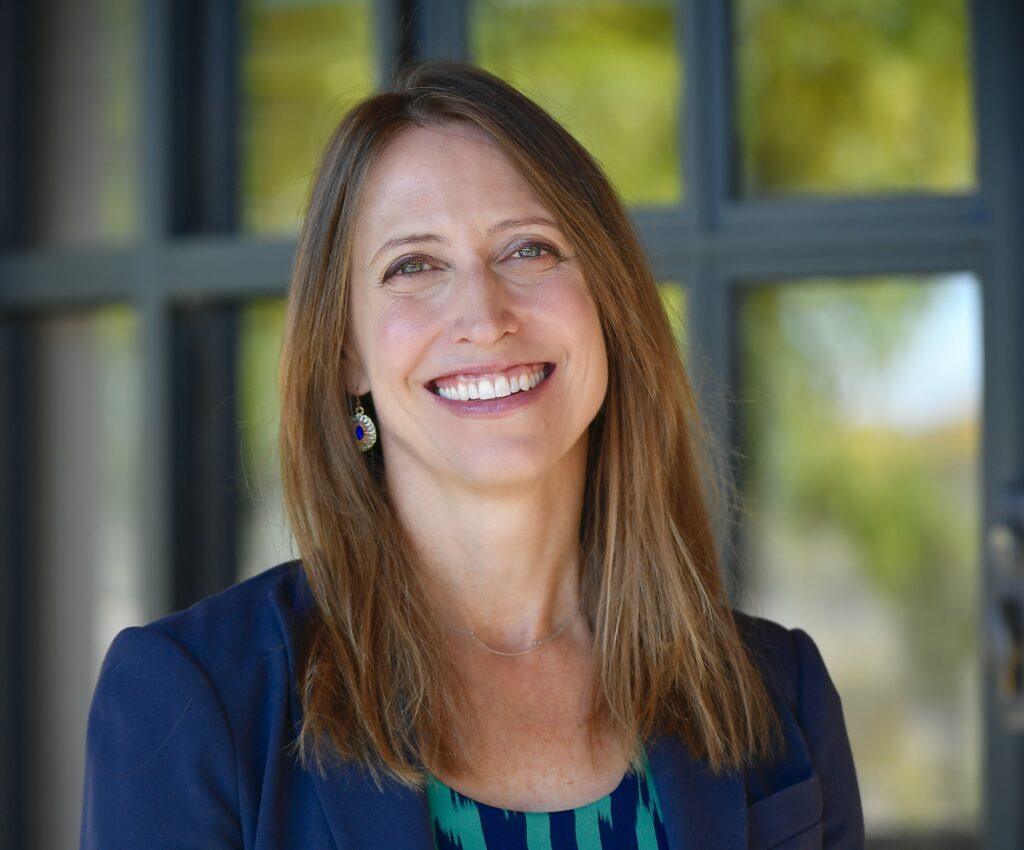- Blogs
- The Lens
Special Education Identification: What We Learned from the Unlocking Potential Data Sprint
Ashley Jochim
Fifty years ago, the Individuals with Disabilities Education Act (IDEA) promised to bridge the gap between what students with disabilities need and what the public education system was designed to provide.






